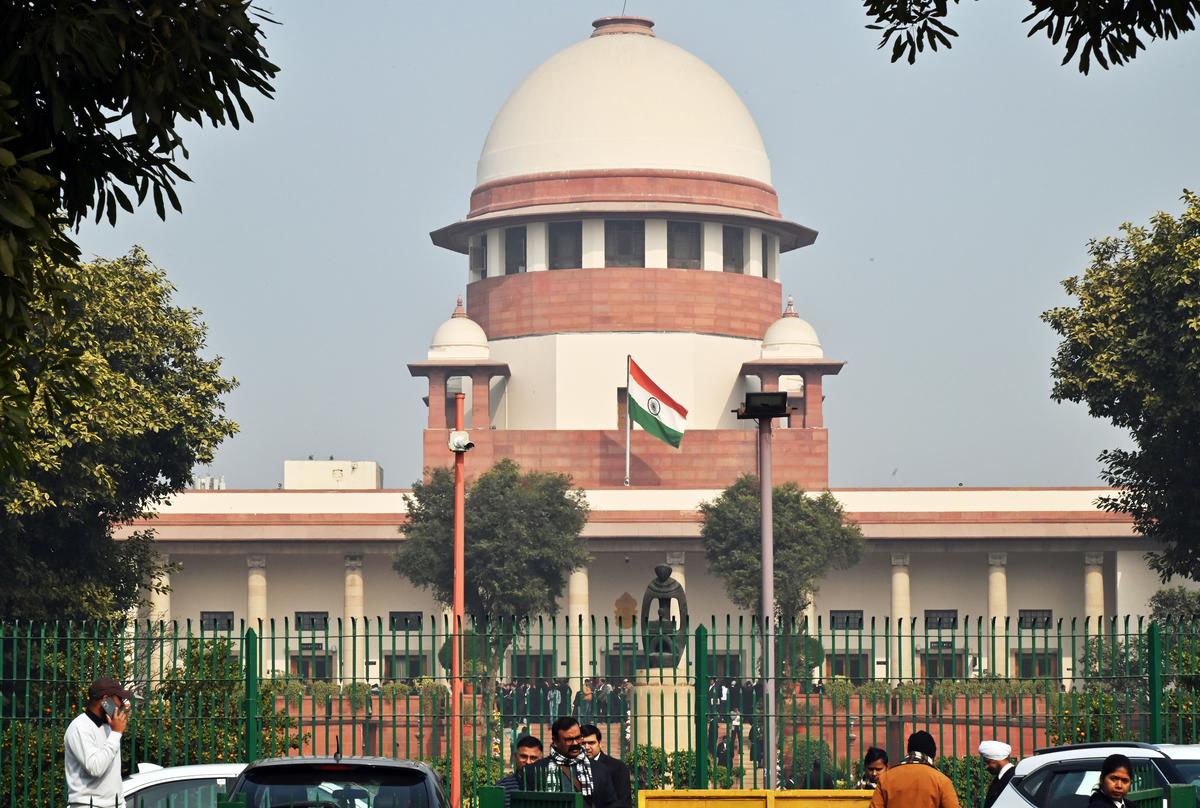Notification of Minority Communities
The Delhi government has suggested that the Centre can grant “migrated minority” status to Hindus who have moved to the national capital from places like Jammu and Kashmir or Ladakh where they are a religious minority. The suggestion is part of a compilation of views collected by the Centre from 24 States on whether religious and linguistic minority communities should be identified and notified by the Union or the respective States. It is part of an affidavit submitted by the Centre in the Supreme Court.
Notification of Minority Communities
Currently, Muslims, Sikhs, Christians, Buddhists, Jains, and Zoroastrians (Parsis) have been notified as minority communities under Section 2 (c) of the National Commission for Minorities (NCM) Act, 1992. As per the Census 2011, the percentage of minorities in the country is about 19.3 of the total population of the country. The population of Muslims is 14.2%, Christians 2.3%, Sikhs 1.7%, Buddhists 0.7%, Jains 0.4%, and Parsis 0.006%.
Migrated Minority Status for Hindus
The Delhi government suggests that “The followers of Hinduism are not the religious minority in the NCT of Delhi but the Central government may declare the ‘migrated minority’ status to the followers of Hinduism who are the religious minority in their origin State (i.e., Jammu and Kashmir, Ladakh, etc) and residing in Delhi after migration from their home State,” as per the Centre’s note in court.
Views of Different States
Tamil Nadu is clear that the identification and notification of religious and linguistic minorities should be made at the State level. Similarly, West Bengal has also categorically said the power to declare a community as a minority should be with the State. Andhra Pradesh and Assam too have said minorities should be identified Statewide. Punjab has reasoned that the State is in a better position to appreciate the “interests, well-being and problems” of different communities residing in it and should be allowed to continue to notify its own minorities.
Gujarat and Madhya Pradesh have said that they are “comfortable with the present procedure of identifying minorities”. Haryana and Himachal Pradesh have left it to the Centre to notify minority communities. Maharashtra is of the opinion that “in the interest of uniformity, the Centre can notify minority communities”. Karnataka has called for “status quo” after declaring Muslims, Christians, Sikhs, Buddhists, Jains, and Parsis as minorities in the State. Kerala held the view that the existing provisions of the NCMEI Act, 2004 and NCM Act, 1992 should continue.
Petition in Supreme Court
The suggestions have come on a petition filed by advocate Ashwini Upadhyay in the apex court challenging the “exclusive” power given to the Centre under Section 2(f) and Section 2(c) of the National Commission for Minorities Educational Institutions (NCMEI) Act, 2004, and the National Commission for Minorities Act, 1992, respectively, to notify a minority community. Upadhyay has argued that the followers of Judaism, Baha’ism and Hinduism, who are the real minorities in Ladakh, Mizoram, Lakshadweep, Kashmir, Nagaland, Meghalaya, Arunachal Pradesh, Punjab and Manipur, cannot even establish and administer educational institutions of their choice in these States. He has argued that religious and linguistic minorities were spread all over the country and not restricted to any single State or Union Territory.
Month: Current Affairs - January, 2023
Category: India Nation & States Current Affairs


